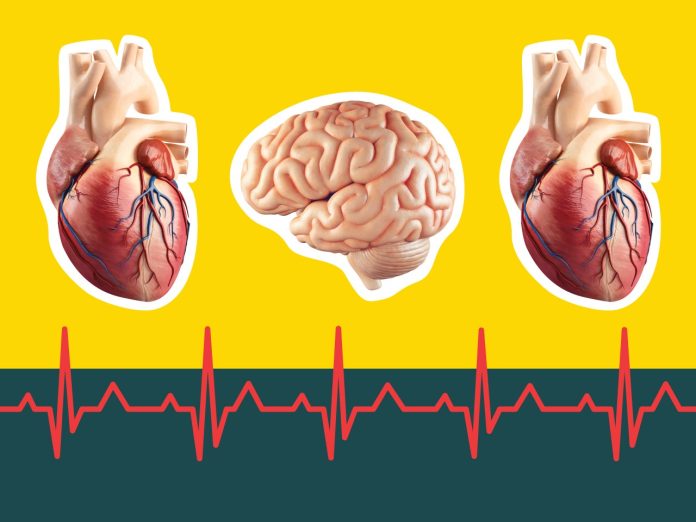When the blood supply to part of the brain is cut off, a stroke occurs. The brain cells start dying within a few minutes due to the lack of oxygen in the blood. The Neurology hospital in Dubai will inform you about the causes and the factors that put you at high risk of stroke.
What are the types of strokes?
A stroke can occur in two ways: Something that blocks blood flow or something that causes bleeding in the brain can lead to a stroke.
Ischemic stroke: In eight out of 10 strokes, the blood vessels that carry blood to the brain are usually blocked. When fatty deposits in the arteries break off and travel to the brain, or when blood flow is poor due to an irregular heartbeat, blood clots form.
Hemorrhagic stroke: It is less common than ischemic stroke, but can be more severe. The stroke results from the bursting or leaking of blood vessels. Taking too many blood-thinning medications can also cause a stroke.
A transient ischemic attack (TIA) also occurs in people. This mini-stroke is due to a temporary blockage. Even if the stroke does not cause permanent damage, it increases the risk of having a full-blown stroke.
What are the causes of stroke in the brain?
Some conditions can be treated to reduce the risk of stroke. However, other things cannot be changed.
High blood pressure
One of the main causes of stroke is high blood pressure. Doctors refer to this as hypertension, and it usually occurs when blood pressure is typically 140 over 190 or higher.
Diabetes
Diabetes patients are often overweight and more likely to have high blood pressure. This increases the risk of stroke. Diabetes damages your blood vessels, making a stroke more likely to occur. If your blood sugar is high and you have a stroke, the damage to your brain is greater.
Weight and exercise
If you smoke or chew tobacco, it increases your chances of having a stroke. The nicotine in tobacco causes your blood pressure to rise. Smoking causes fat to build up in your main neck artery. This causes the blood to thicken and makes blood clots more likely to form. Secondhand smoke can also affect you.
If you are overweight, your risk for stroke increases. You can reduce your risk by exercising every day. You can do muscle-strengthening exercises like push-ups and pull-ups, work with weights, or take a 30-minute walk.
Age
Did you know that anyone can have a stroke, even babies in the womb? In general, the risk increases with age. After age 55, the risk doubles every decade.
Family
Strokes are also hereditary. You and your family members may have a shared tendency to high blood pressure or diabetes. Because of a genetic disorder, some strokes may occur because the disorder causes a blockage of blood flow in the brain.
Gender
Women have been shown to have a slightly lower risk of having a stroke than men of the same age. However, if women have a stroke later in life, they are less likely to recover from it and more likely to die from its effects.
Race
According to research, African Americans and nonwhite Hispanic Americans are much more likely to have strokes than other groups. This may be because sickle cell disease is a genetic condition that narrows arteries and disrupts blood flow in these groups. Families that originate from the Mediterranean, Middle East, or Asia also suffer from this disease.
Medications
Blood-thinning medications can increase the risk of stroke. Doctors prescribe blood-thinning medications to prevent blood clots, but sometimes they can cause a stroke by causing bleeding. Studies have shown that hormone therapy used to treat menopausal symptoms such as hot flashes is associated with an increased risk of stroke.





